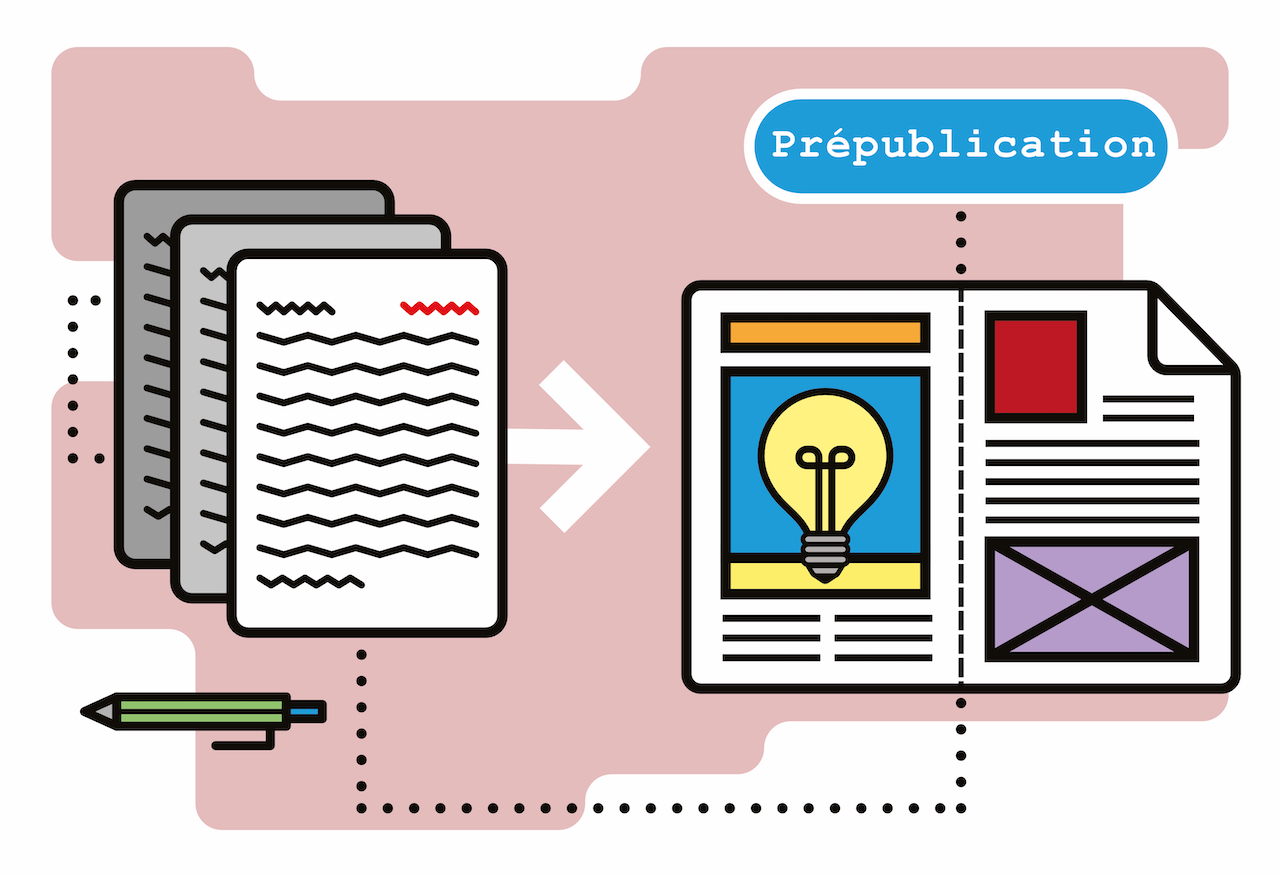Could participatory action-research be transformative? La recherche-action participative peut-elle être transformatrice ?
Fiche du document
1 janvier 2025
- ISIDORE Id: 10670/1.f7c6cc...
- hal: hal-04870210
info:eu-repo/semantics/OpenAccess
Mots-clés
social innovation Empowerment Transitions Third sector research Co-creation Co-création Innovation sociale Encapacitation Transitions Tiers-secteur de la rechercheSujets proches
Rappin' (Music) Hip-hop music Rap (Music)--United States Rap songs Rapping (Music) Concept formation Ideas Nociones Rapping Musique rap Notions (philosophie) Notion (philosophie) ConceptsCiter ce document
Mary Julien et al., « La recherche-action participative peut-elle être transformatrice ? », HAL SHS (Sciences de l’Homme et de la Société), ID : 10670/1.f7c6cc...
Métriques
Partage / Export
Résumé
Les autrices et auteurs mobilisent le concept d'apprentissage social pour appréhender la recherche-action participative (RAP) comme un processus inscrit dans un monde incertain et évolutif. Elles et ils postulent que la réflexivité et une approche systémique jouent un rôle crucial dans son potentiel transformatif. Elles et ils présentent les résultats de trois actions déployées dans le cadre d'une RAP réunissant des chercheurs académiques et associatifs : le suivi par un tiers-veilleur, l'expérimentation d'un outil d'évaluation formative permettant une approche systémique et stratégique, et une enquête co-construite pour comprendre les conditions d'émergence de plusieurs projets de RAP. Les résultats suggèrent que la qualité du processus collectif de co-construction est cruciale. Ce processus permet l'interconnaissance et valorise les acteurs impliqués. Il donne du sens et améliore la directionnalité des actions engagées. Summary:The authors draw on the concept of social learning to understand Participatory Action Research (PAR) as a process situated in an uncertain and evolving world. They propose that reflexivity and a systemic approach play a crucial role in its transformative potential. They present the results of three actions carried out as part of a PAR bringing together academic and associative researchers: monitoring by a third-party observer, experimenting with a formative evaluation tool that enables a systemic and strategic approach, and a co-constructed survey to understand the conditions for the emergence of several PAR projects. The results suggest that the quality of the collective co-construction process is crucial. This process fosters mutual understanding and values the involved actors. It gives meaning and improves the directionality of the actions undertaken.
